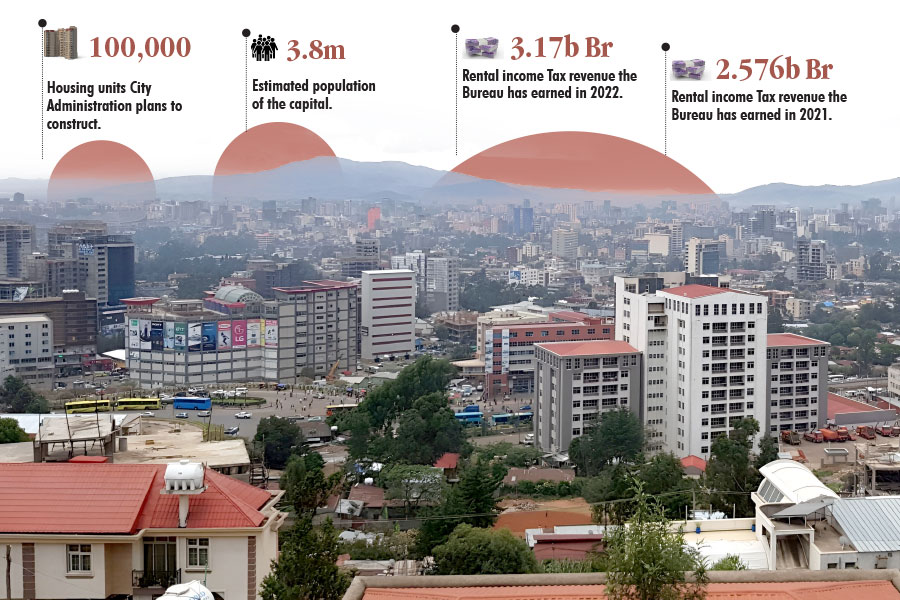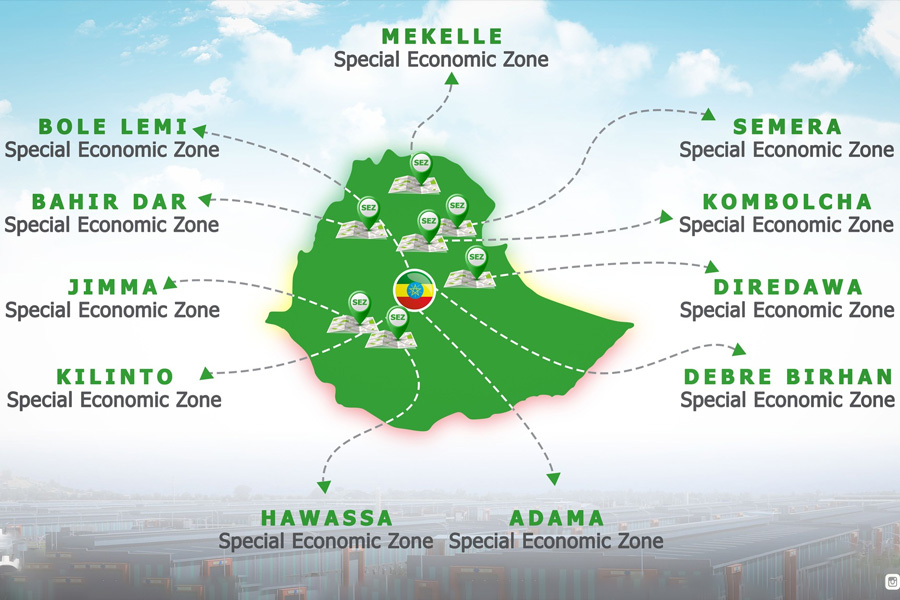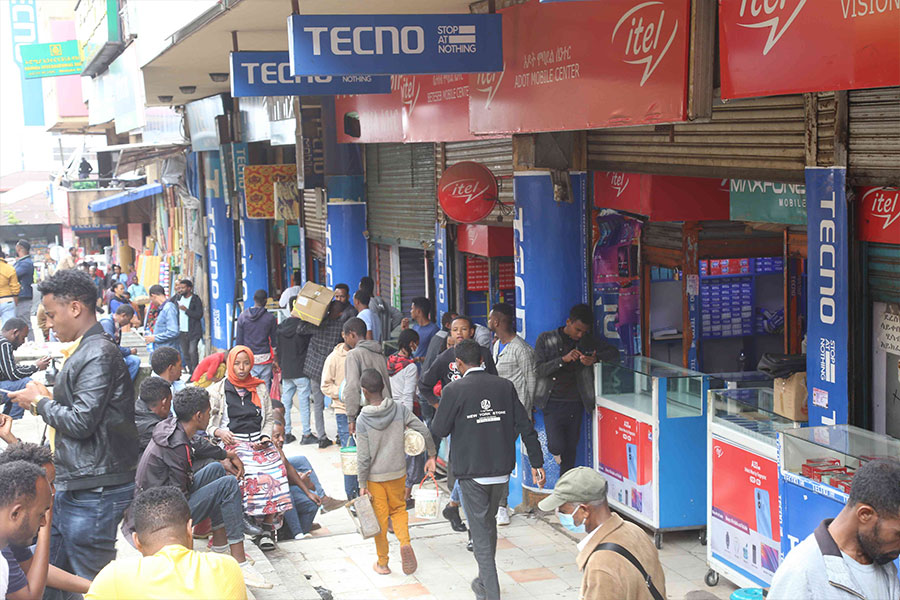
Accounting & Auditing Board of Ethiopia (AABE) is urging accountants and auditors to adopt international standards on climate risk and sustainability disclosures. The call comes as global investors are prioritising companies that exhibit strong environmental, social, and governance (ESG) performance.
Consultants argue that failure to act risks isolating Ethiopia from global markets, jeopardising its ability to attract investment, and compounding the country’s exposure to environmental and economic vulnerabilities.
A meeting convened last week at the Ministry of Finance saw officials from the Board discuss a roadmap for sustainability auditing. Dereje Gelana, a senior consultant at AABE, noted the regulatory pressure on local companies to align their operations with sustainability practices to ensure long-term viability.
“Compliance is inevitable,” he said.
Global standards are on the horizon.
Effective January 2024, the IFRS Foundation introduced two new sustainability disclosure standards. Companies are now compelled to integrate industry-specific details on sustainability risks and opportunities into financial statements. The standard also delves into a distinction between physical and transitional risks linked to climate change, outlining how companies should set and report their climate-related targets.
Since Ethiopia adopted IFRS standards in 2019 for publicly accountable companies like banks, insurers, and government-owned enterprises, the Board has been overseeing implementation. The standards compel companies to disclose climate-related risks and governance processes. Neighboring Kenya’s recent announcement to enforce mandatory compliance by 2027 adds further urgency, according to the Board.
Financial institutions face growing pressure to comply with sustainability reporting standards. Fikadu Agonafir, director general of the Board, accentuated auditors' role in ensuring transparent and reliable disclosures. He revealed that a new proclamation presented to Parliament aims to establish an institute to train and certify auditors locally, reducing reliance on costly overseas certification programs.
"Regulatory pressure is mounting," he said.
Ethiopia has about 1,000 certified auditors and accountants, a figure dwarfed by the demand. Fikadu emphasized reforms to bolster auditors’ professional capabilities and ensure compliance with both local and international standards.
There are currently 1,000 certified auditors and accountants with AABE membership.
Fikadu noted the ongoing reforms sought to align with local and international auditing standards and enhance the professional capabilities of auditors. He said they are facilitating a smooth transition to these standards through ongoing training, guidance, and advocacy initiatives.
“We’re working to establish a national institution for training and certification,” he said.
While efforts are underway to ease the transition, limitations remain. Auditors have raised concerns over limited resources, high turnover, and insufficient technological capacity. Gobeze Desalegn, director at HST auditing firm, noted the cost and complexity of sustainability audits, compounded by the absence of reliable data.
Other auditors such as Daniel Getaneh, a certified auditor, echo these concerns. He underlines technological and financial barriers as a critical gap.
"Finding qualified recruits is also a challenge," he said.
Recently, Ethiopian Bankers Association (EBA) and International Finance Corporation (IFC), introduced guidelines for integrating ESG considerations into banks’ operations. Endorsed by the National Bank of Ethiopia, these guidelines outline processes for mitigating environmental and social risks.
Ermias Tefera, president of Berhan Bank, acknowledged the rising demand for sustainability disclosures from investors. He believes capable auditors are needed to meet these demands and disclosed his company’s steps to align with the new directives.
Frezer Ayalew, head of Banking Supervision at the National Bank, linked sustainability practices to enhanced risk management and systemic stability. The IFC warned that failure to adapt could result in reputational damage and lost investment opportunities.
"We’re gradually complying with the directives," he told Fortune.
The IFC guideline warns that failure to adapt to managing sustainability risks and enhancing environmental and social outcomes can lead to reputational damage, loss of clientele, and reduced investment opportunities. AABE recommends mandatory adoption of the two Standards by January 2029 for public interest companies, including financial institutions and state-owned enterprises.
The stakes are high for Ethiopia, a country ranked as highly vulnerable to climate risks. A World Bank report estimates that 27.6 billion dollars is needed over the next 25 years to combat the impacts.
The Index for Risk Management ranks the country as high-risk, with exposure to hazards such as floods, earthquakes, and droughts, which can escalate conflict risk and human exposure. The country's economy heavily relies on agriculture, and the manufacturing sector faces difficulties from environmental degradation, including forest erosion, land degradation, and deforestation.
According to Fanosie Mekonnen head of natural resource development and utilisation at the Ministry of Agriculture, the effects of climate change are severe on agriculture, including erratic rainfall, droughts, and pest outbreaks. He believes substantial financial resources are needed to address these issues effectively.
Experts point to the financial losses caused by reliance on foreign auditors.
Musa Jeldo, general manager of Franbon Consultancy Plc, urged local auditors to enhance their expertise and adapt to the evolving market demands.
“Investor awareness and capital allocation are essential for long term,” he said.
PUBLISHED ON
Jan 03,2025 [ VOL
25 , NO
1288]


Agenda | Nov 09,2024

Fortune News | Jun 04,2022

Fortune News | Nov 17, 2024

Fortune News | Apr 03,2023

Fortune News | Apr 03,2023

Sunday with Eden | Sep 03,2022

Radar | Dec 08,2024

Fortune News | Jul 07,2024

Agenda | Aug 14,2022

Dec 22 , 2024 . By TIZITA SHEWAFERAW
Charged with transforming colossal state-owned enterprises into modern and competitiv...

Aug 18 , 2024 . By AKSAH ITALO
Although predictable Yonas Zerihun's job in the ride-hailing service is not immune to...

Jul 28 , 2024 . By TIZITA SHEWAFERAW
Unhabitual, perhaps too many, Samuel Gebreyohannes, 38, used to occasionally enjoy a couple of beers at breakfast. However, he recently swit...

Jul 13 , 2024 . By AKSAH ITALO
Investors who rely on tractors, trucks, and field vehicles for commuting, transporting commodities, and f...

Oct 18 , 2025
The political establishment, notably the ruling party and its top brass, has become p...

Oct 11 , 2025
Ladislas Farago, a roving Associated Press (AP) correspondent, arrived in Ethiopia in...

Oct 4 , 2025
Eyob Tekalegn (PhD) had been in the Governor's chair for only weeks when, on Septembe...

Sep 27 , 2025
Four years into an experiment with “shock therapy” in education, the national moo...